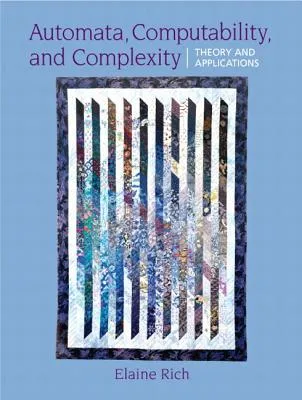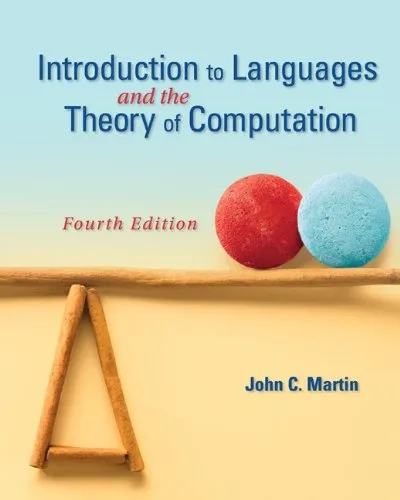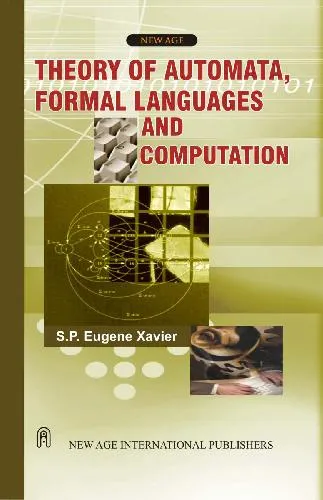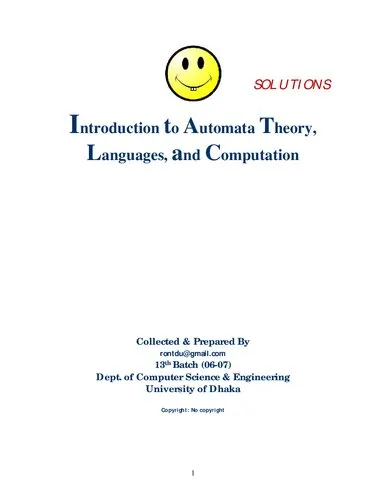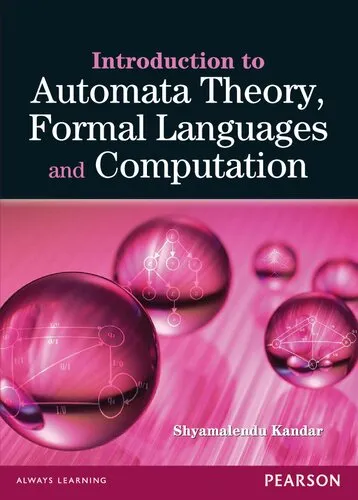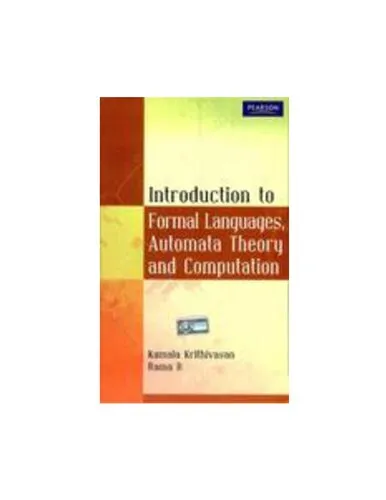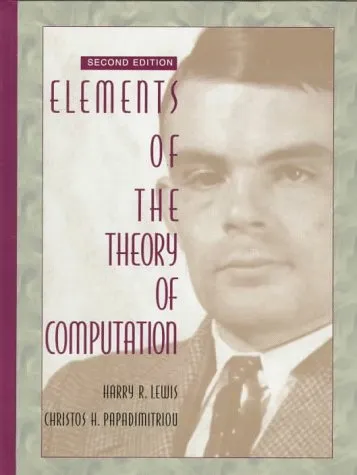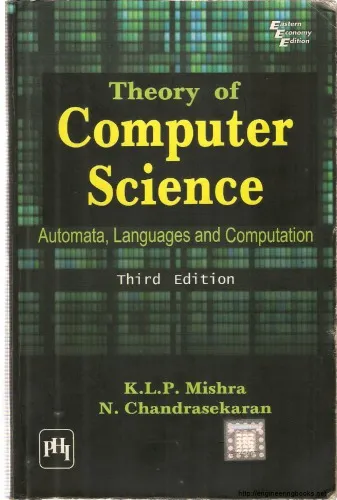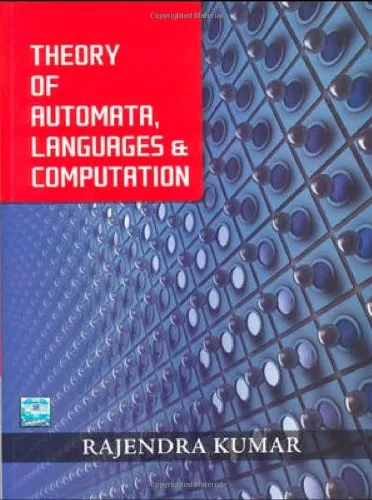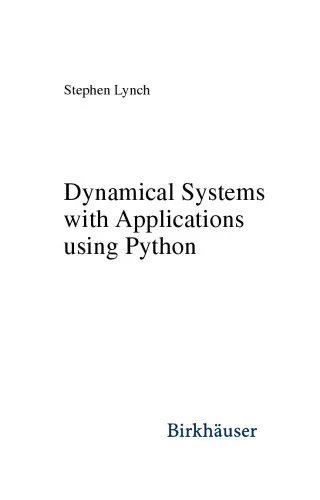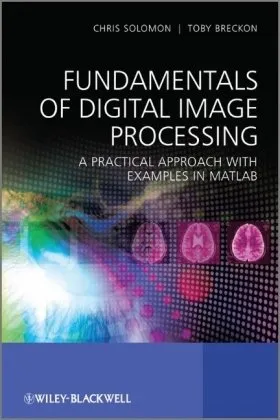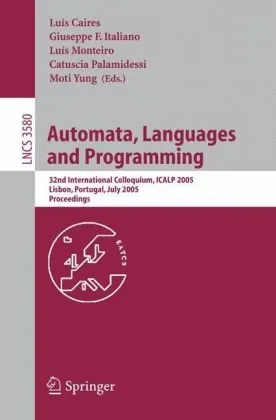Automata, Computability and Complexity: Theory and Applications
4.5
Reviews from our users

You Can Ask your questions from this book's AI after Login
Each download or ask from book AI costs 2 points. To earn more free points, please visit the Points Guide Page and complete some valuable actions.Related Refrences:
Introduction to 'Automata, Computability and Complexity: Theory and Applications'
Welcome to a comprehensive journey into the intricate world of theoretical computer science with 'Automata, Computability and Complexity: Theory and Applications'. This book serves as a cornerstone for anyone looking to understand the foundational principles of computer science, from the basics of algorithms to the advanced realms of complexity theory.
Detailed Summary of the Book
At its core, 'Automata, Computability and Complexity: Theory and Applications' is a meticulously crafted text that covers automata theory, formal languages, computability theory, and computational complexity. It guides the reader through different models of computation such as finite automata, pushdown automata, context-free grammars, Turing machines, and more. These models are vital in understanding the limits of what can be computed and how efficiently it can be done.
The book systematically elaborates on the elements of formality in computation with clarity, ensuring that theoretical aspects are always connected to real-world applications. Readers are introduced to both deterministic and non-deterministic computations, enhancing their understanding of why certain problems are tractable while others are not. Through a precise yet approachable manner, the text explores decidability and undecidability, offering deep insights into problems that no algorithm can solve.
Key Takeaways
The book leaves readers with profound insights, primarily focusing on:
- The rigorous frameworks that define computational processes.
- The profound analysis and classification of problems based on their inherent computational difficulties.
- The understanding of decidable versus undecidable problems and the implications for software development and computational tasks.
- The practical applications of theoretical concepts, bridging the gap between abstract theories and tangible implementations.
These takeaways not only enrich the knowledge portfolio of students and professionals but also sharpen their analytical skills, essential for developing efficient algorithms and understanding complex systems.
Famous Quotes from the Book
"In the realm of computation, understanding the boundaries of what can be solved is as vital as the solutions we seek."
"Complexity is not merely about what is difficult, but what reveals the creative potential of rigorous solutions."
"To grasp the infinite scenarios in computation, one must build a foundation on finite yet deep principles."
Why This Book Matters
In an era driven by technology and computation, understanding the underlying theories that govern these advancements is essential.
This book plays a pivotal role in shaping the minds of the next generation of computer scientists. It does so by instilling a robust theoretical foundation that empowers individuals to challenge the frontiers of computing power and algorithmic efficiency. Its importance also lies in its application across various domains, from artificial intelligence to software engineering, enhancing decision-making and problem-solving capabilities.
Furthermore, as an educational resource, it encourages both academia and industry professionals to think critically about the computational processes and the algorithms they develop. It stimulates a mindset that appreciates not just the immediate utility but the longevity and scalability of computational solutions.
Free Direct Download
You Can Download this book after Login
Accessing books through legal platforms and public libraries not only supports the rights of authors and publishers but also contributes to the sustainability of reading culture. Before downloading, please take a moment to consider these options.
Find this book on other platforms:
WorldCat helps you find books in libraries worldwide.
See ratings, reviews, and discussions on Goodreads.
Find and buy rare or used books on AbeBooks.
1613
بازدید4.5
امتیاز0
نظر98%
رضایتReviews:
4.5
Based on 0 users review
Questions & Answers
Ask questions about this book or help others by answering
No questions yet. Be the first to ask!
